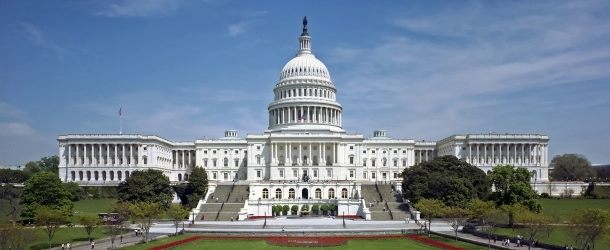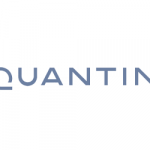Thomas: The US government needs a commercialization strategy for quantum

(FinanceYahoo) The TechCrunch Global Affairs Project is examining the increasingly intertwined relationship between the tech sector and global politics. Laura Thomas of Cold Quanta contributed this latest essay–summarized here by IQT-News.
Thomas writes, “More difficult than quantum physics, however, is getting the U.S. government’s regulatory and funding strategy right toward the technology. Aligning various government entities to push forward an industry while navigating landmines of regulation, Byzantine government contracting processes and the geopolitical realities of both the threats and disruptions that quantum technology portends will be a challenge much greater than building a million-qubit quantum computer.”
She stresses that government can . . . help pave the pathway for commercialization or cut the industry off at its knees before it has a chance to run. The U.S. government needs a quantum commercialization strategy in addition to its quantum R&D strategy. We need to get out of the lab and into the world. To push the industry forward, the government should:
1 Push more funding to the Defense Advanced Research Projects Agency (DARPA). With increased funding, DARPA should consider allocating larger amounts per company focused on longer-term research in quantum error correction and quantum navigation.
2 Ask the National Science Foundation (NSF) to buy 20 different universities different types of quantum computers for use by researchers and students. The NSF should provide grants to physics departments at historically Black colleges and universities (HBCUs) and at economically disadvantaged schools in the Established Program to Stimulate Competitive Research (EPSCoR) program to increase diversity in the quantum technology industry.
3 Create a large, well-funded program within the Department of Defense for quantum sensors that goes beyond small-scale research. For example, the Pentagon could fund a $200 million dollar program to field a quantum positioning system (QPS) that is rugged, compact, more accurate and more secure than current GPS systems.
4 The government should also provide exponentially more funding to the Pentagon’s National Security Innovation Capital (NSIC) program. NSIC’s role is to help hardware-focused companies cross the valley of death with non-dilutive investments.
Thomas also comments: Despite the government’s important role, it needs to know where to stay out of the way. The government shouldn’t create additional regulation through export controls until U.S. companies have built a globally dominant quantum capability. I understand the national security threats we face in emerging technologies and the U.S. government’s desire to stop rampant IP theft, anti-competitive practices and the use of these technologies for authoritarian ends and power projection purposes. But a key element to our national and economic security has been our openness. Regulation at this early stage will only stymie our ability to build global quantum companies and be a greater threat.



















